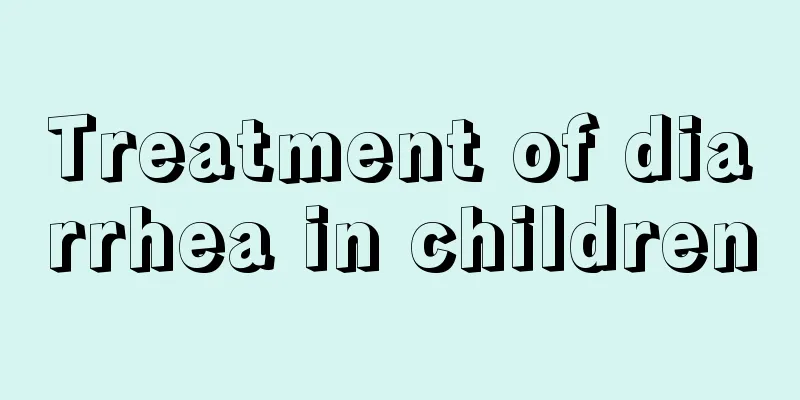Infant Deeply Hydrolyzed Milk Powder

|
After having a baby, there are so many things a mother needs to learn. For example, when feeding the baby milk powder, you will find that there are many types of milk powder. When faced with milk powders with various names, you really don’t know which one to choose. What mothers don’t understand is that deeply hydrolyzed milk powder is also a kind of formula milk powder, but it is much more expensive. This is because deeply hydrolyzed milk powder is suitable for babies with allergies.
It is a special formula milk powder. Deeply hydrolyzed formula milk powder turns large molecular milk protein into short peptides and amino acid structures. The protein in this milk powder is hydrolyzed and contains no protein at all. Therefore, it will not induce milk protein allergy and is suitable for the treatment of infant allergies. Applicable people: For babies who are more severely allergic to milk protein, it has a therapeutic effect on the allergy. illustrate: Even if it is a milk protein allergy, if the symptoms are mild, there is no need to use extensively hydrolyzed milk powder. As the child grows older and his body functions mature, most allergic symptoms will heal naturally. To prevent milk protein allergy or for babies with mild milk protein symptoms, you can choose partially hydrolyzed protein milk powder.
Partially hydrolyzed formula milk refers to large-molecule milk protein that has been heated and hydrolyzed by enzymes into small molecules, which reduces its allergenicity by 1,000 times and is suitable for all newborns, especially babies with a history of allergies. Partially hydrolyzed protein formula powder is mainly used for dietary prevention of milk allergy. How long should I take deep hydrolyzed protein milk powder before switching back to regular milk powder? Usually at least 6 months. There is no clear regulation on how long one should consume extensively hydrolyzed protein formula milk powder before switching back to regular milk powder. It mainly depends on the specific allergy situation of the baby. However, it is generally required to be consumed for at least 6 months or more. It mainly depends on whether the baby has allergic symptoms again while consuming deep hydrolyzed protein milk powder.
1. The baby has no allergic reaction within 6 months after consuming deep hydrolyzed protein milk powder In this case, the 6 months of consuming extensively hydrolyzed protein milk powder is called the "effective 6 months". It is necessary to ensure that the baby does not have any allergic symptoms within these 6 months. Then, mothers can change the baby's milk. For safety reasons, they can choose to switch to moderately hydrolyzed protein formula milk first, and then slowly switch to ordinary formula milk after eating it for a period of time. According to this process, it takes about a year. 2. Babies develop allergies within 6 months of consuming deep hydrolyzed protein formula milk powder If the baby has an allergic reaction during this 6-month period, then this is the "invalid 6 months" and the 6 months must be recalculated from the time the baby has an allergic reaction again. In this case, it is impossible to calculate the time it takes for the baby to switch from deep hydrolyzed protein milk powder to ordinary milk powder. The baby's immune function, digestive function, and the ability of the skin to resist external pathogens are constantly improving with age. Generally, infants and young children's tolerance to milk protein will be greatly enhanced by the age of 3, and they will no longer be allergic to milk protein. Therefore, even children who are used to drinking hydrolyzed formula can generally drink regular milk when they grow up. |
<<: What are the causes of stuttering in children?
Recommend
Can my baby drink milk if I have a fever?
Nowadays, many mothers will try their best to fee...
"Seven Ones" Parenting Method
Many parents with girls hope that their daughters...
What to do if your one-year-old baby is thin
Babies must pay attention to nutritional suppleme...
What are the symptoms of a baby's stomach getting cold?
Nowadays, young people pay much attention to thei...
Early symptoms of childhood mental illness
Mental illness is a relatively common disease. It...
How to apply for medical insurance card for children with non-local household registration
Due to the development of today's society, th...
What to do if a child has myocardial damage
We are taught to respect the elderly and love the...
What should children eat to grow taller?
Some parents are very worried about their childre...
What is the cause of congenital cerebral hypoplasia?
The birth of a child is originally accompanied by...
Why do children get rashes? Common types of rashes in children
There are many diseases that may cause skin aller...
There is a small hole on the baby's butt
The arrival of a new life is always a joyful thin...
Is it good for babies to take a bath every day?
There are many benefits to bathing your baby. It ...
Baby gets stuffy nose when using air conditioner
It is summer now and the air conditioner must be ...
What factors cause tooth decay in children?
There are many reasons for tooth decay, which is ...
What to do if a newborn baby is constipated in January
A one-month-old newborn has just been out of the ...









